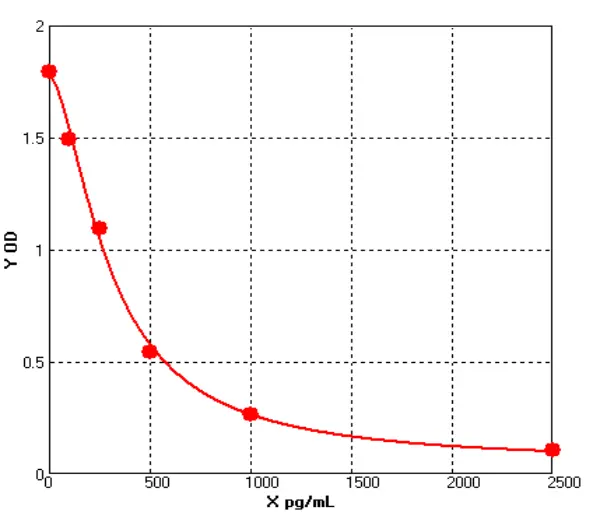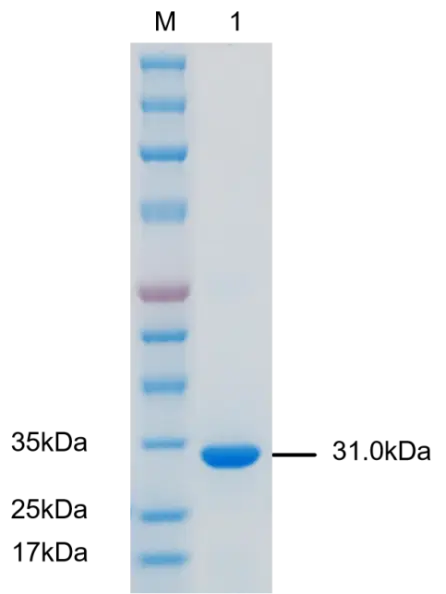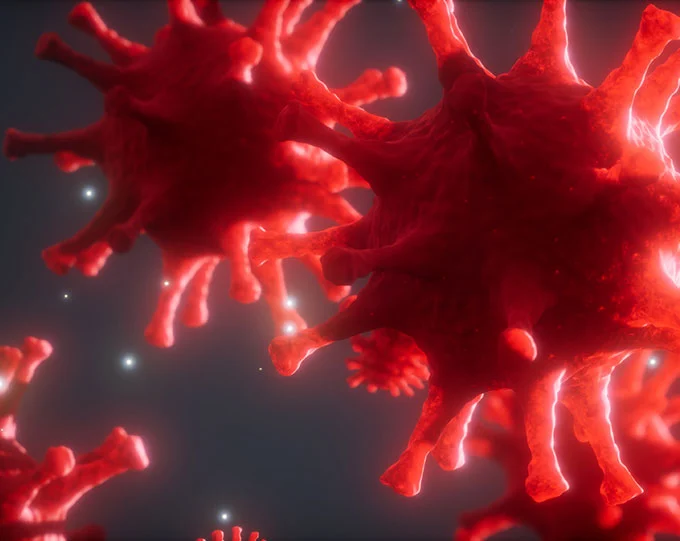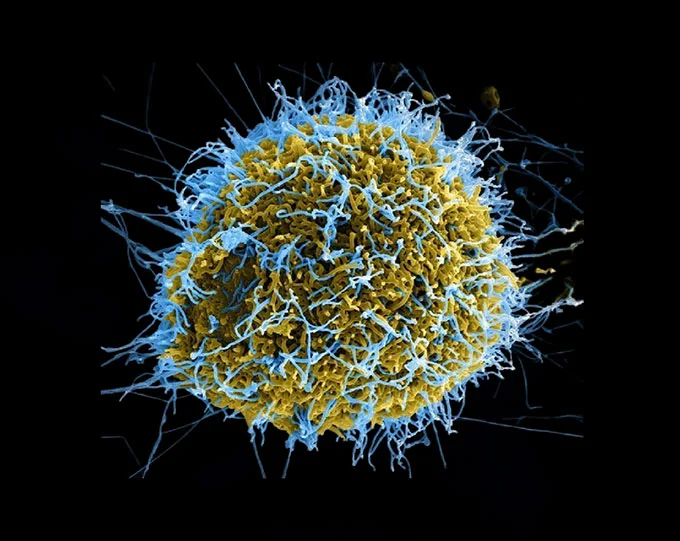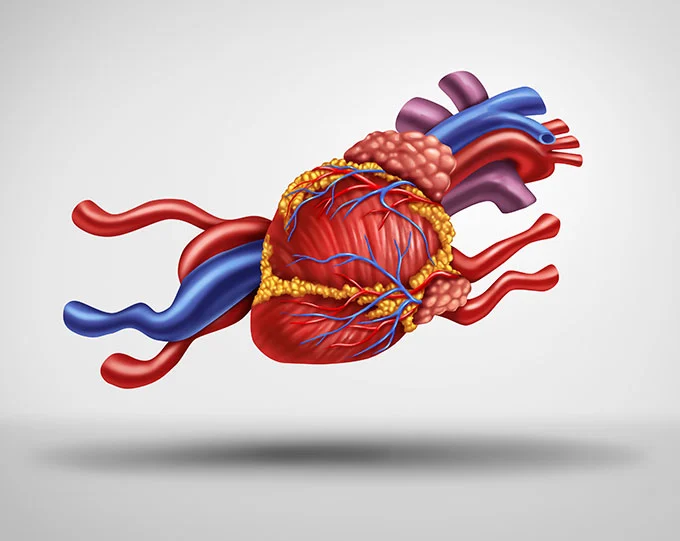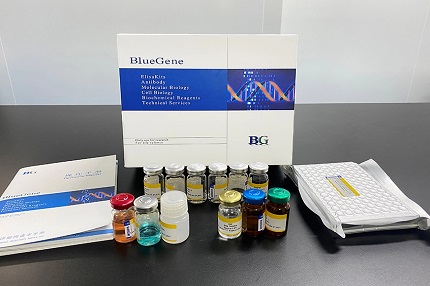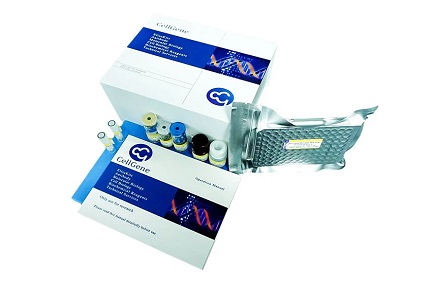- Host Cell Protein Detection Kits
- Host Cell DNA Residue Detection Kits
- Antibodies
- Recombinant Proteins
- ELISA Kits
- Cellular Component Protein Library
- Plasmids
- Promotions
-
Adrenaline ELISA Kit in Neurological Disease Research
Adrenaline is a crucial neurotransmitter that plays a key role in neurological diseases. The adrenaline ELISA kit can be used to detect adrenaline levels in human samples, providing an effective detec...
Mar.15, 2025Read More > -
HEK 293 HCP ELISA Kit in Protein Drug Production
Host Cell Proteins (HCPs) refer to the mixture of proteins produced by host cells (such as HEK 293, yeast, bacteria, etc.) during the production of therapeutic protein drugs. These proteins may remain...
Mar.13, 2025Read More > -
Exhibition review | 2025 The 7th China Wuhan Optics Valley Biological Annual Conference and Biopharmaceutical Quality Analysis Technology Forum came to a perfect end, looking forward to seeing you next time
On February 27-28, 2025, Crowne Plaza Wuhan Optics Valley held the "7th China Wuhan Optics Valley Biological Academic Annual Meeting and Biopharmaceutical Quality Analysis Technology Forum" ...
Mar.12, 2025Read More >
BlueGene Biotech's Research For Cancer
In medicine, it is the most common type of malignant tumor, that is, malignant tumor originating from epithelial tissue. The etiology of cancer can be divided into exogenous and endogenous factors.
Biological Characteristics of Cancer
Cancer has many biological characteristics such as abnormal cell differentiation and proliferation, uncontrolled growth, invasion and metastasis, and others. Its occurrence is a complex process with multi-factor and multi-step, and it can be divided into three processes: carcinogenesis, promotion and evolution. It is closely related to smoking, infection, occupational exposure, environmental pollution, unreasonable diet and genetic factors. The etiology of malignant tumors is not fully understood.
Current Research for Cancer
At present, the relatively clear factors related to cancer can be divided into exogenous and endogenous. Exogenous factors include living habits, environmental pollution and occupation, natural and biological factors, chronic stimulation and trauma, and iatrogenic factors. Endogenous factors include genetic factors, immune factors and endocrine factors.

